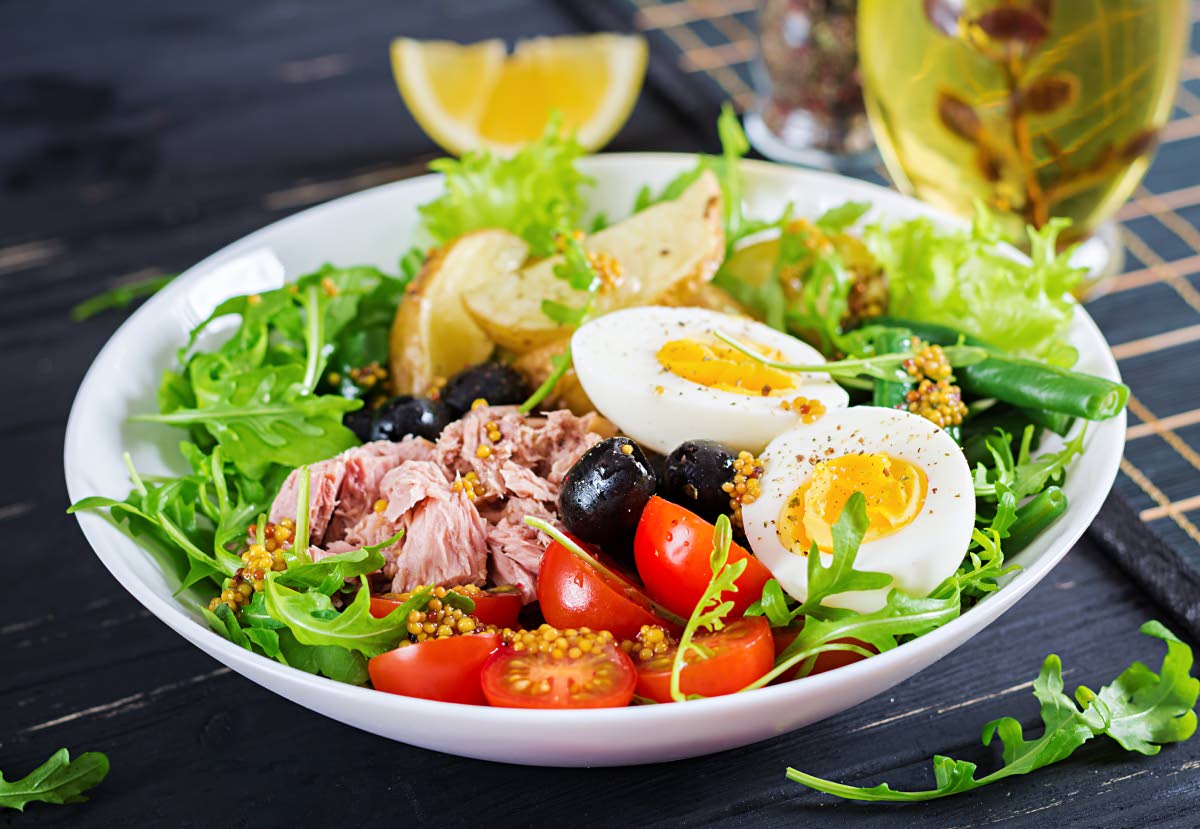The importance of diet in cancer prevention, treatment, and recovery is increasingly supported by scientific evidence, according to surgical oncologist Dr. Rajen Rampaul. He highlights that dietary choices not only reduce cancer risk and recurrence but also play a pivotal role in overall health. Regulatory bodies, such as the International Agency for Research on Cancer, have classified certain foods, particularly red meat, as class-one carcinogens, linking them to colorectal and breast cancers. Dr. Rampaul warns against misleading online information about anti-cancer diets and supplements, emphasizing the need for evidence-based medical guidance. He advocates for whole, plant-based diets, such as the Mediterranean or vegetarian patterns, which are associated with longer, healthier lives. Anti-oestrogen foods like soy, beans, spinach, flax seeds, and turmeric are particularly beneficial. Conversely, foods that promote a high-oestrogen environment may increase cancer recurrence risk and should be minimized. Dr. Rampaul also underscores the benefits of fasting, citing a 2020 study that showed intermittent fasting boosts the immune system. He advises avoiding animal proteins and saturated fats, which contribute to inflammation and elevated cancer risk. Smoking and alcohol should also be eliminated to reduce cancer risk. For patients undergoing treatment, Dr. Rampaul emphasizes the importance of pre-habilitation—enhancing nutritional status before treatment begins. He recommends prescribed protein supplements, protein-enriched drinks, and a balanced intake of vitamins and minerals. Hydration is crucial, with a daily intake of at least three liters of water recommended. Post-treatment nutrition should focus on rebuilding strength, maintaining a healthy weight, and reducing recurrence risk through balanced, evidence-based dietary choices. Dr. Rampaul encourages patients to work with dietitians to adapt these principles to local cuisine, ensuring dietary changes are practical and enjoyable. He concludes that adopting a whole-grain, plant-based diet, avoiding processed foods and red meat, and staying hydrated are simple yet powerful steps toward sustained wellness after cancer treatment.
